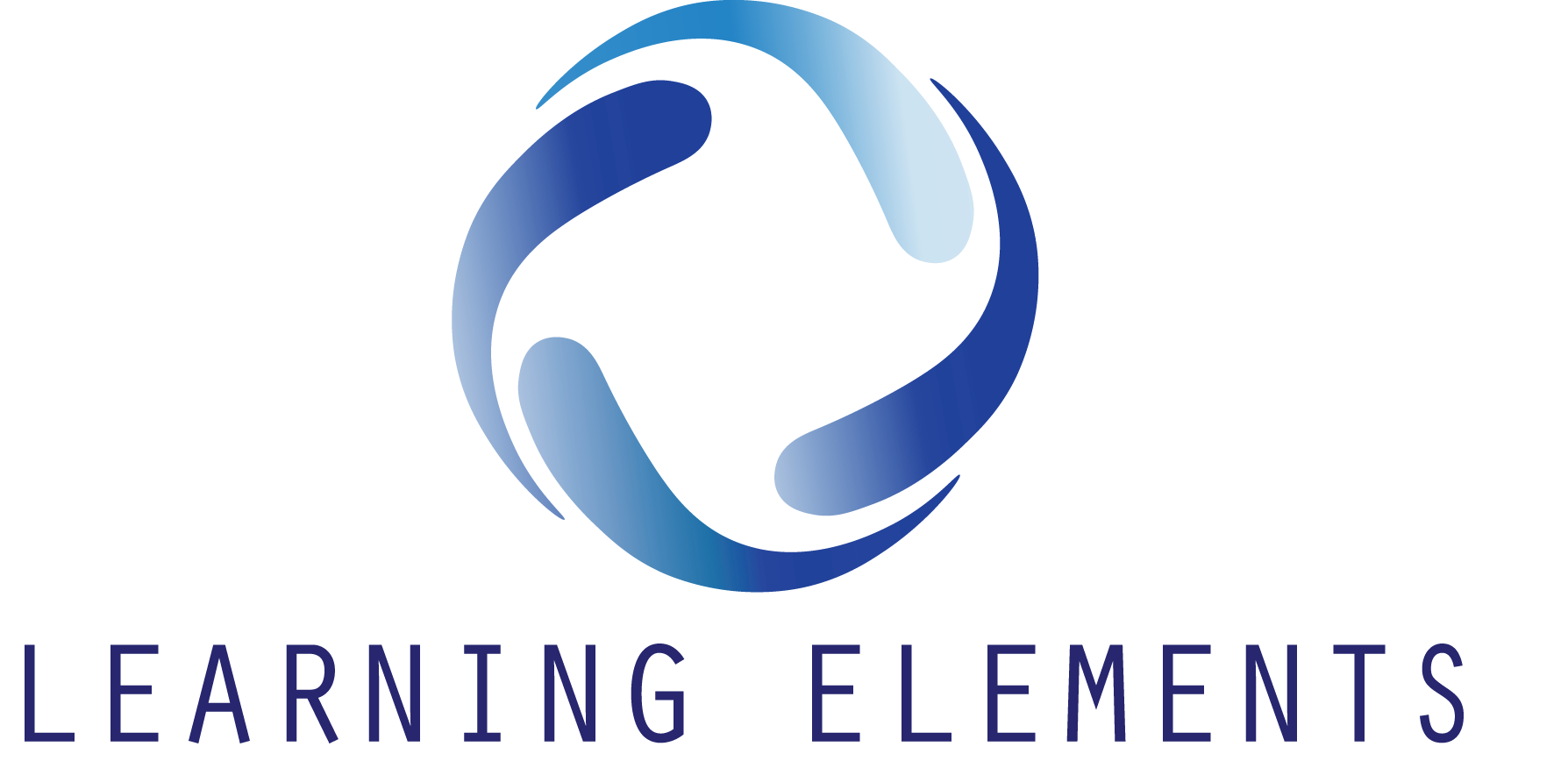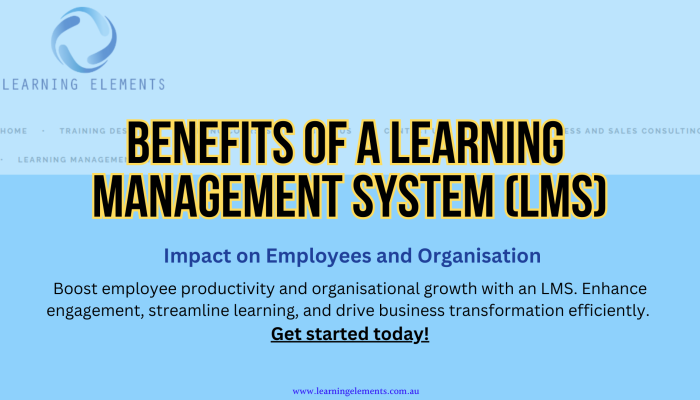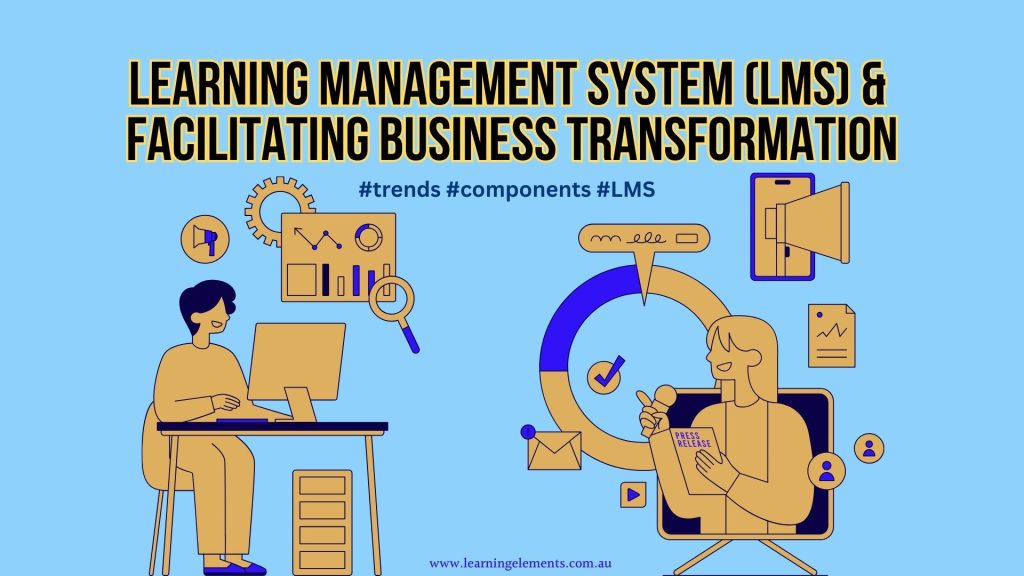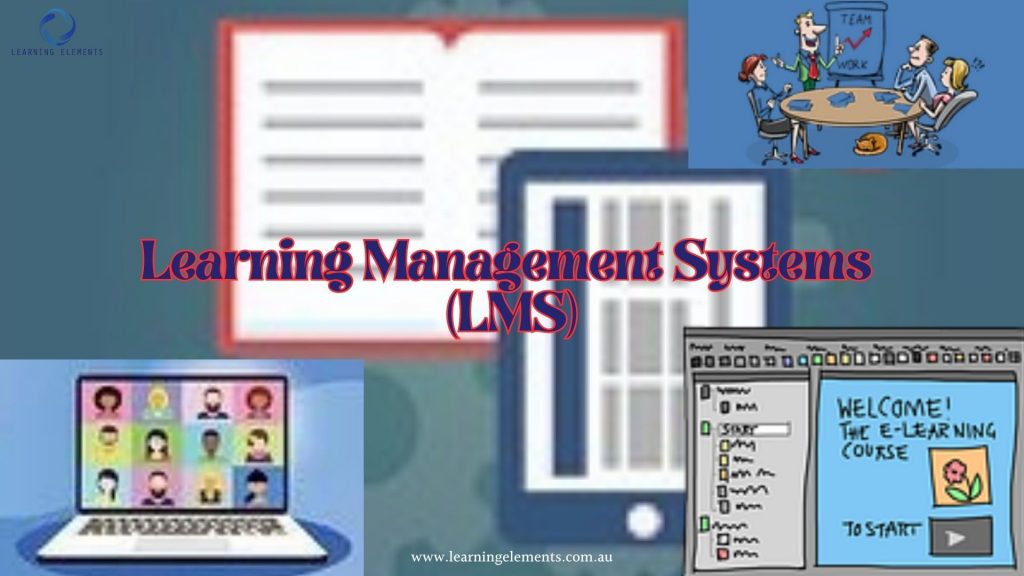Benefits of a Learning Management System
The benefits of a Learning Management System (LMS) extend far beyond simply delivering training. For organisations looking to streamline their learning and development initiatives, an LMS offers a solid solution that can significantly enhance productivity, improve learner engagement, and support overall business transformation.
While Learning Management Systems (LMS) are a crucial part of modern education and training, they are part of a larger framework of educational technologies. Other models, such as Virtual Learning Environments (VLEs) and Learning Experience Platforms (LXPs), also play significant roles in e-learning. Understanding the differences between these systems can help organisations choose the most appropriate solution to their needs.
Key Benefits of a Learning Management System
Centralised Learning Hub
One of the primary benefits of an LMS is its ability to serve as a centralised hub for all learning activities. This centralisation ensures that all learning materials are easily accessible to employees, reducing the time spent searching for resources and increasing overall efficiency.
Streamlined Content Delivery
An LMS simplifies the process of delivering content, allowing organisations to distribute training materials quickly and efficiently. Whether it’s onboarding new employees or rolling out compliance training, an LMS ensures that everyone receives the necessary information in a timely manner.
-LMS in Modern Education and Online Learning
LMS platforms are increasingly used in online education and remote learning environments. With the rise of hybrid and fully remote workplaces, organisations can provide continuous education to employees, no matter where they are located. This ensures that learning and development are not limited to traditional classroom settings and can evolve with the changing work environment.
Tracking and Reporting Capabilities
With an LMS, organisations can track learner progress and generate reports to monitor the effectiveness of their training programmes. This data-driven approach allows for continuous improvement, ensuring that training remains relevant and effective.
-User Training and Onboarding Support (LMS as a Tool for Effective Onboarding)
An LMS can be particularly effective for onboarding new employees, helping them get up to speed with company policies, compliance requirements, and role-specific training. Automating these processes ensures consistency and allows new hires to revisit materials at their own pace, improving both learning outcomes and employee satisfaction.
Cost Efficiency in Training and Development
By centralising and automating many aspects of training, an LMS can help reduce the costs associated with traditional classroom-based training. This makes it a cost-effective solution for organisations looking to maximise their training budget.
- What is an LMS? Do You Need an LMS?
- Learning Management Systems (LMS) in Training and Development
Enhancing Workforce Productivity
Flexible Learning Options
An LMS offers flexible learning options that cater to different learning styles and schedules. Employees can access training materials at their convenience, which helps to minimise disruptions to their workday and allows them to learn at their own pace.
-Mobile Learning in LMS
Modern LMS platforms are optimised for mobile use, allowing employees to access training materials anytime, anywhere. With the growing reliance on smartphones and tablets, mobile learning offers flexibility and convenience, particularly for remote workers or those frequently on the move.
–To illustrate the different uses of LMS:
Imagine a new employee undergoing compliance training—they can access materials on their own schedule (flexibility), track their progress via quizzes (interactive learning), and revisit lessons as needed (self-paced learning). Meanwhile, a marketing department could use an LMS to develop tailored content specific to their needs, enhancing the relevance of the material to their job role.
Self-Paced Learning for Better Retention
The self-paced nature of LMS-based learning allows employees to absorb information at a speed that suits them. This can lead to better retention of knowledge and a more thorough understanding of the material.
-Promoting a Culture of Continuous Learning
An LMS fosters a culture of continuous learning by providing employees with easy access to new skills and knowledge, even beyond mandatory training. This encourages professional development, making employees more adaptable and better equipped to face the challenges of a dynamic work environment.
Scalability and Customisation
Adapting to Organisational Growth
As your organisation grows, so do your training needs. An LMS can easily scale to accommodate an increasing number of learners, ensuring that your training programmes can keep pace with organisational growth.
Customising Content for Different Learners
An LMS allows for the customisation of content to suit different learner needs. Whether it’s tailored courses for specific departments or personalised learning paths for individual employees, an LMS ensures that training is relevant and effective.
Facilitating Business Transformation
Aligning Learning with Business Goals
One of the key benefits of a learning management system is its ability to align training programmes with broader business goals. By ensuring that employees are equipped with the right skills, an LMS supports business transformation and helps the organisation achieve its strategic objectives.
Supporting Business Transformation with Effective Training
Effective training is crucial for successful business transformation. An LMS ensures that training is delivered consistently and efficiently, providing employees with the knowledge and skills they need to adapt to new business processes and technologies.
Integrating Technology in Learning
Leveraging Technology for Enhanced Learning Experiences
An LMS leverages technology to create a more engaging and interactive learning experience. From multimedia content to interactive quizzes, technology enhances the learning process and makes it more enjoyable for users.
Automation and Integration with Other Business Systems
Automation features within an LMS can streamline administrative tasks, such as enrolment and tracking. Additionally, integrating the LMS with other business systems, like HR software, ensures a seamless flow of information across the organisation.
-Security and Data Protection in LMS
With the increasing amount of sensitive information managed by LMS platforms, data protection is crucial. Ensuring that your LMS complies with data privacy regulations, such as GDPR, is essential to protect both company and learner information. Many LMS platforms include features such as data encryption, user authentication, and secure access to help mitigate security risks.
Maximising Benefits of a Learning Management System for Learners and Educators
For learners, recognising the benefits of a Learning Management System can help them adopt more efficient learning habits, such as leveraging interactive content or adjusting the pace of their studies. For educators and training administrators, understanding the diverse functionalities of an LMS, from tracking learner engagement to customising content for individual learners, ensures that training is as effective as possible.
Improving Learner Engagement
Interactive and Engaging Content
An LMS allows for the creation of interactive content that keeps learners engaged. Features like quizzes, videos, and discussion forums make learning more dynamic and help to maintain learner interest.
Gamification and Social Learning
The LMS can incorporate gamification elements like badges and leaderboards to motivate learners. Social learning features, like discussion boards and peer reviews, encourage collaboration and knowledge sharing.
Ensuring Compliance and Standardisation
Keeping Training Consistent Across the Organisation
An LMS ensures that training is consistent across all levels of the organisation. This is particularly important for compliance training, where it’s crucial that all employees receive the same information and meet the same standards.
Ensuring Compliance with Industry Standards
For industries with strict regulatory requirements, an LMS can help ensure that training meets all necessary compliance standards. This reduces the risk of non-compliance and the associated penalties.
RELATED READ: Learning Management Systems (LMS) in Training and Development Through Outsourcing
While the benefits of LMS are vast, it’s important to note that they are not a one-size-fits-all solution. Successful training outcomes often require a blended approach, combining both digital and in-person learning elements. Additionally, while LMS can enhance productivity, they rely heavily on well-developed content and the engagement of users for full effectiveness. For further information, feel free to contact us.
Find the Right LMS for Your Business – Explore Our Courses or Contact Us for Expert Advice.
Conclusion
The benefits of a Learning Management System come from its ability to centralise, streamline, and enhance the learning process within an organisation. From improving workforce productivity to supporting business transformation, an LMS offers a wide range of benefits that make it an essential tool for modern businesses.
In the next article, we will explore the specific advantages of using a Learning Management System for Business and how it can drive success in today’s competitive market. Stay tuned!



